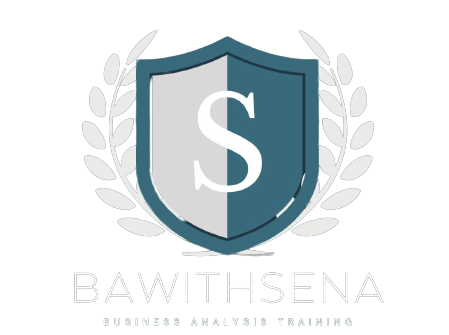A Scrum Master is a key role within the Scrum framework, a popular agile project management methodology primarily used in software development. This role acts as a facilitator and coach for the Scrum Team, ensuring the team follows agile practices, removes impediments, and functions optimally. In this blog post, we will explore the Scrum Master role and outline the steps you can take to become one.
Understanding the Role of a Scrum Master
A Scrum Master is not just a project manager but a servant leader who supports and facilitates the Scrum Team, ensuring that they can work without obstacles and maintain their focus on high-priority tasks.

The responsibilities of a Scrum Master include:
Facilitating Scrum Ceremonies: Ensuring that meetings such as daily stand-ups, sprint reviews, sprint planning, and retrospectives are productive and kept within the time limits.
Removing Impediments: Actively identifying and eliminating issues that hinder the team’s progress.
Coaching and Mentoring: Helping team members understand Scrum processes and adopt an agile mindset. This involves coaching the team in self-organization and cross-functionality.
Shielding the Team: Protecting the team from external interruptions and distractions to keep them focused on the tasks at hand.
Stakeholder Communication: Acting as a bridge between the team and external stakeholders, facilitating communication and understanding.

Here is how you can become a Scrum Master
Becoming a Scrum Master involves a mix of education, experience, and personal development. Here’s a step-by-step guide to help you embark on this career path:
Understand Agile and Scrum: Begin by learning the fundamentals of agile methodologies, focusing specifically on Scrum. Resources include books, online courses, and community learning.
Get Formal Training: Consider taking a training course, like the Sena Scrum Master training (https://bawithsena.com/what-is-scrum/)
Pursue Scrum Certification: While not always mandatory, having a formal certification can enhance your credibility and knowledge. Popular certifications include Certified Scrum Master (CSM) by Scrum from the Scrum Alliance, Professional Scrum Master (PSM) from Scrum.org, or SAFe Scrum Master from Scaled Agile.
Gain Practical Experience: Try to get involved in Scrum projects. This could be in your current job or through volunteer opportunities. Real-world experience is invaluable. You can start by participating as a team member to understand the dynamics of Scrum teams.
Develop Relevant Soft Skills: Essential skills for a Scrum Master include facilitation, conflict resolution, leadership, and effective communication. These can be developed through practice and training, such as workshops and seminars focused on these areas.
Engage with the Agile Community: Join local or online Scrum and Agile groups. Networking with other Scrum practitioners will provide insights, experiences, and opportunities that can be crucial for your development.
Stay Updated and Keep Learning: Agile methodologies evolve, and so should your knowledge and skills. Regularly updating yourself with the latest trends, practices, and tools in Scrum will keep you effective and relevant.
The role of a Scrum Master is challenging yet immensely rewarding. As the driving force of agile teams, a Scrum Master ensures that the project remains on track while fostering an environment that encourages continuous improvement and teamwork. By following the steps outlined above, you can start your journey toward becoming a successful Scrum Master, opening doors to exciting opportunities in tech, project management, and beyond. Whether you’re looking to shift careers or enhance your current role, becoming a Scrum Master is a strategic move in today’s agile-driven business world. By following these steps, you can build the knowledge and skills necessary to perform effectively as a Scrum Master.


